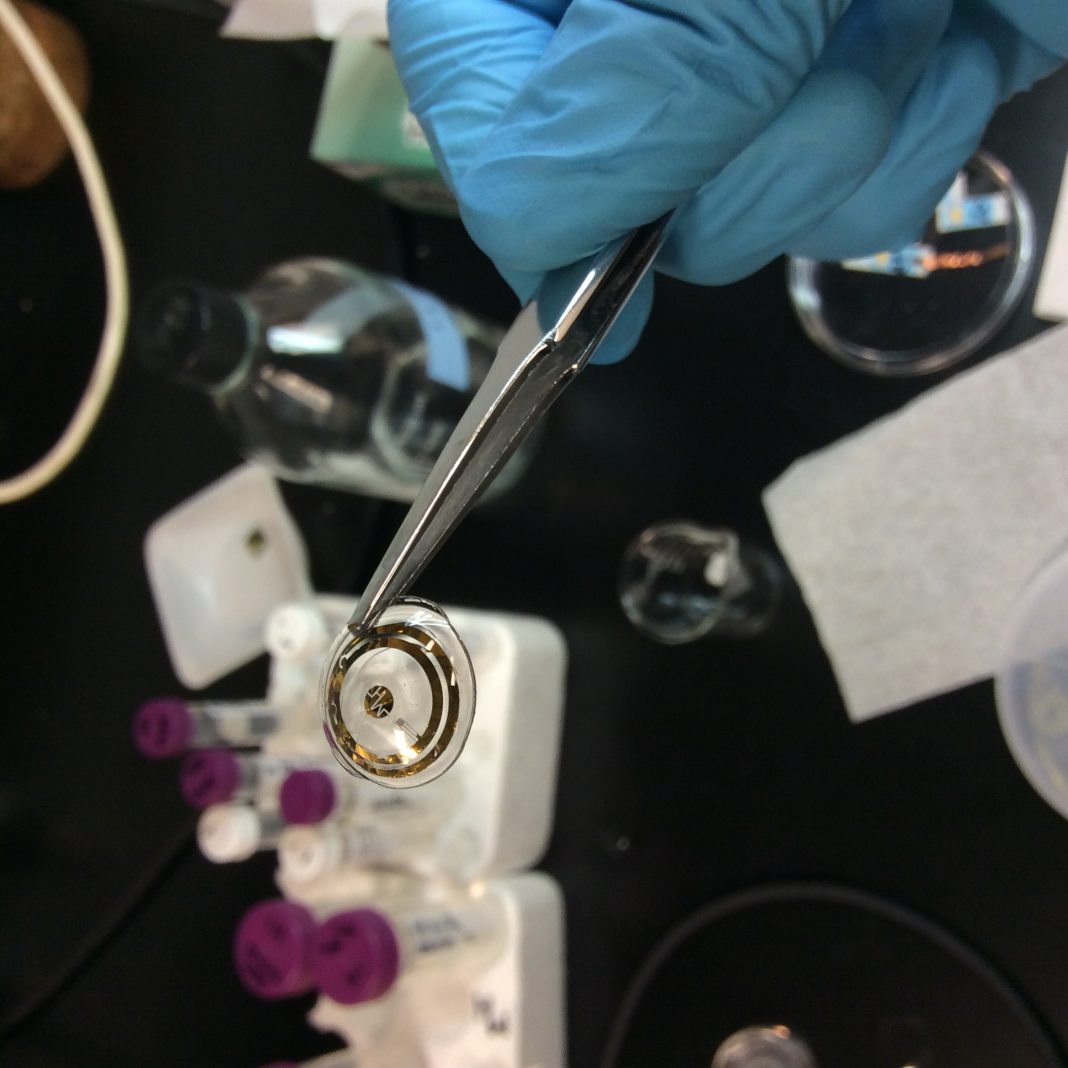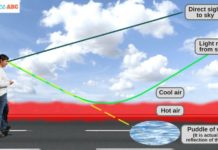UW student company Medella Health took the international spotlight as one of two runners-up for the James Dyson Award Nov. 17.
The company created the Smart Contact Lens, a contact lens that continuously monitors the wearer’s glucose levels and sends the information to their smartphone. The system would eliminate the need for traditional prick tests used by diabetics to test blood glucose levels.
The James Dyson Award is an international award for engineering and design students from around the world. UW teams have won or placed as a runner up for three years in a row now.
Medella founders Harry Ghandi, Huyai Gao, and Maarij Baig started their company in 2013. In September 2016, Medella was announced as the Canadian winner of the international competition. Two other UW teams, Arylla and Penta Medical, were national runners-up.
Medella won £5,000 as an international runner-up, on top of the £2,000 from winning the national award.
Ghandi said that “using the money that we were awarded as the national winner in Canada and now as international runners-up, we will further optimize the technology and our goal is to get this out to our users as quickly as possible.”
The international winner, Eco-Helmet, is a safe, recyclable bicycle helmet that can fold up for portability. Its creator, Isis Shiffer from the Pratt Institute in New York, designed the helmet for bike-share programs.
Shiffer was awarded £30,000 for her winning design, and her school’s department earned an additional £10,000.
The Smart Contact Lens is made of three components on the lens itself: a detection module made of nanomaterials that constantly measures glucose levels in tear fluid, an antenna that picks up a wireless charge from a power module, and a communication module that converts analogue glucose measurements into digital data to be displayed on a smartphone.
Gao said that the inspiration for the Smart Contact Lens came from a desire to understand what’s happening in our bodies. “Growing up a fan of science fiction, I was always intrigued by exploring the unknown with technology,” said Gao. “A smart contact lens can not only help monitor our health, but also display it in real time for us to see.
“As we explore this vast unknown territory of human health bit by bit, we can eventually start to take preventative measures.”































